The IOTA Foundation has successfully concluded its participation in the European Blockchain Pre-Commercial Procurement (PCP), a key initiative funded by the European Commission to develop new distributed ledger technology (DLT) solutions for Europe. This milestone marks the end of a three-phase process that began in 2021, with IOTA emerging as one of the top performers alongside Chromaway and Billon.
Innovations in DLT and Scalability
IOTA’s contribution to the PCP revolves around its advanced Tangle technology, a DAG-based distributed ledger that combines scalability, efficiency, and security. The solution developed for the PCP includes a core DLT layer built on the Stardust version of the Tangle protocol, featuring a Decentralized Coordinator with Proof-of-Authority consensus. The technology enables seamless transaction recording and audit trails, essential for decentralized identity management and intellectual property rights (IPR) solutions.
One of the standout innovations is the “Tangle Tree” data sharding concept, which enhances scalability by allowing multiple Tangles to operate in a parent-child relationship. During testing, this architecture achieved approximately 90,000 confirmed transactions per second, demonstrating its potential to meet Europe’s scalability demands.
Sustainability and Energy Efficiency
IOTA’s solution also prioritizes sustainability, with a new methodology that assesses energy consumption in a Stardust setup. Remarkably, the energy usage scales logarithmically with transaction volume, making it far more efficient than traditional blockchain solutions like Hyperledger Besu. This efficiency enables the deployment of low-powered nodes, supporting renewable energy sources and carbon neutrality.
Security, Privacy, and Robustness
Security and privacy are central to IOTA’s solution, aligning with industry standards such as CISA, NSA, and NIST recommendations. The foundation developed a Quantum-Resistant Cryptographic roadmap, featuring quantum-ready signature schemes and decentralized identity verification. Additionally, the solution passed rigorous cybersecurity and data protection assessments, ensuring compliance with NIST-800 standards and eIDAS2 compatibility.
IOTA’s technology also excels in object identification and data processing. The solution implements an auditable item graph that tracks digital twins of physical and digital objects, supporting applications like Digital Product Passports (DPP) and IPR management.
Looking Ahead
Completing the European Blockchain PCP is just the beginning for IOTA. The foundation plans to continue developing its pilot use cases within an IOTA-EBSI Sandbox, available for experimentation by EU member states and EBSI projects. As the European Blockchain Services Infrastructure (EBSI) evolves into EUROPEUM-EDIC, IOTA aims to integrate its solutions into this next-generation digital infrastructure.
IOTA is also pursuing commercial opportunities, collaborating with partners and governmental agencies to bring its solutions to market. One notable example is the Eviden Digital Passport Solution, which uses IOTA technology to track the lifecycle of automotive batteries.
Dominik Schiener, Chairman of the IOTA Foundation, emphasized the significance of the PCP, stating, “EBSI is a crucial step towards a cohesive digital future for Europe, providing the necessary framework for innovation and collaboration across various sectors.”
In summary, IOTA’s success in the European Blockchain PCP underscores its commitment to driving innovation in Europe’s digital infrastructure, with scalable, sustainable, and secure blockchain solutions that are ready for commercial adoption.
Disclaimer
Today's Gazette cannot take responsibility for any form of loss or inconvenience that may result from any material contained on this website. The content is provided for informational purposes only and should not be relied upon for legal or financial decision-making. Nothing on this platform should be misconstrued as financial advice.
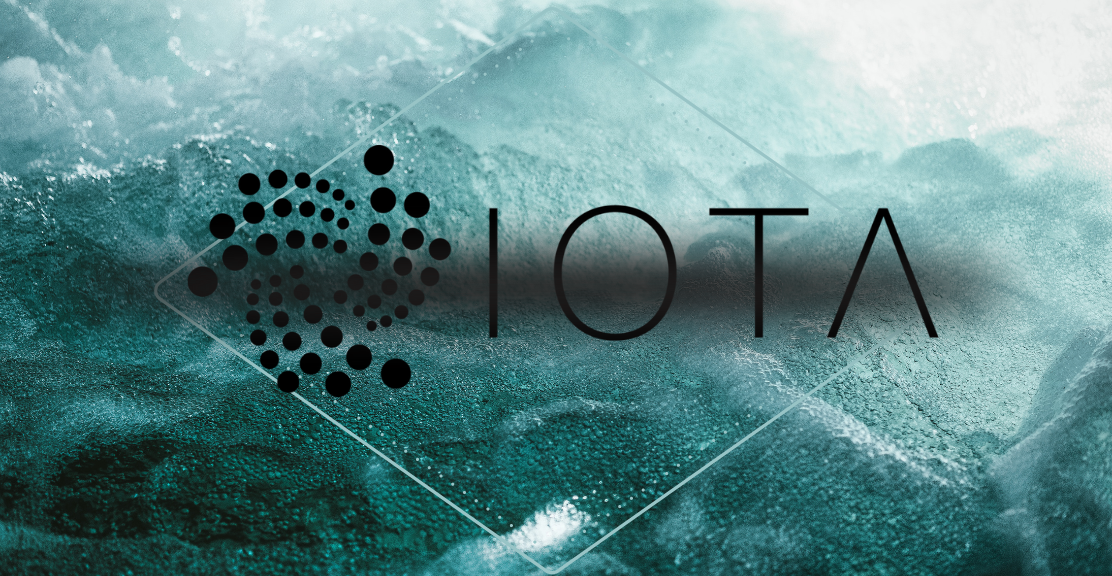
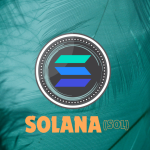



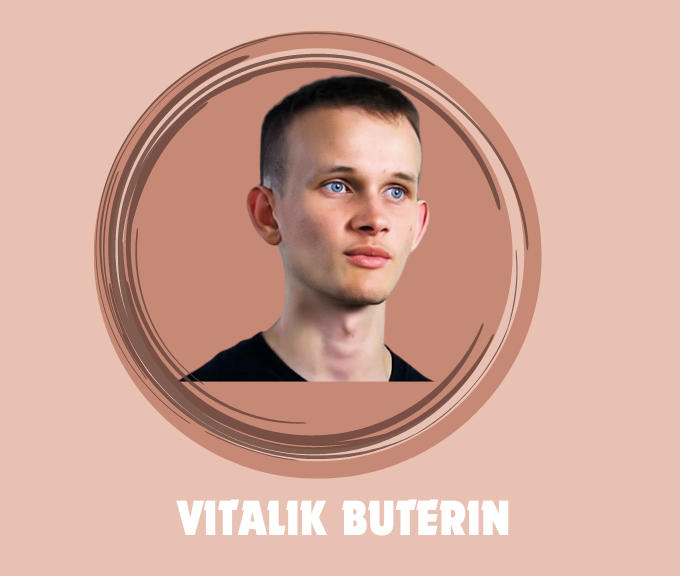
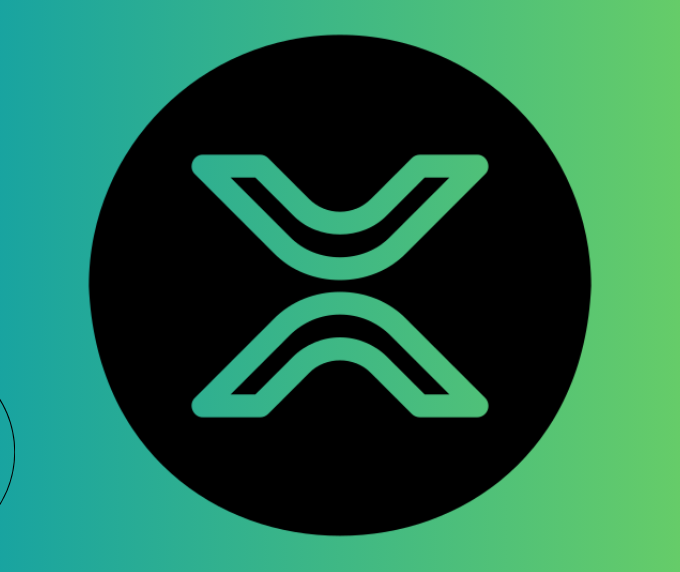
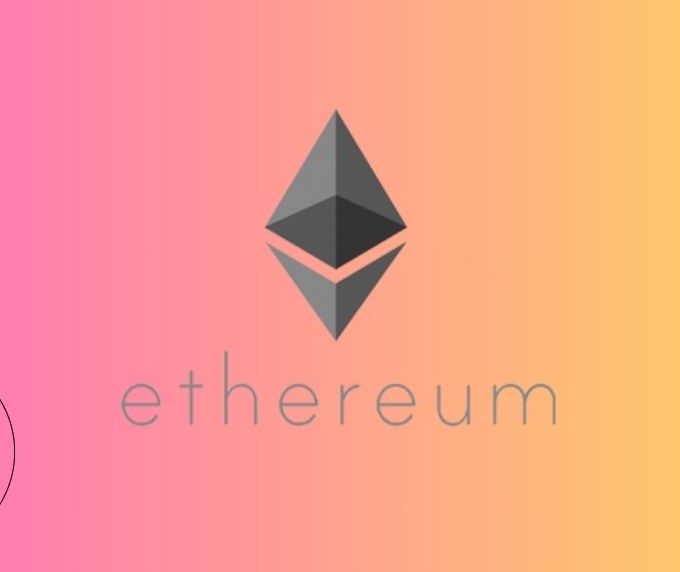
Leave a comment